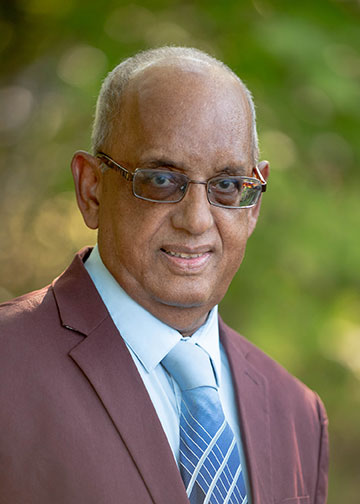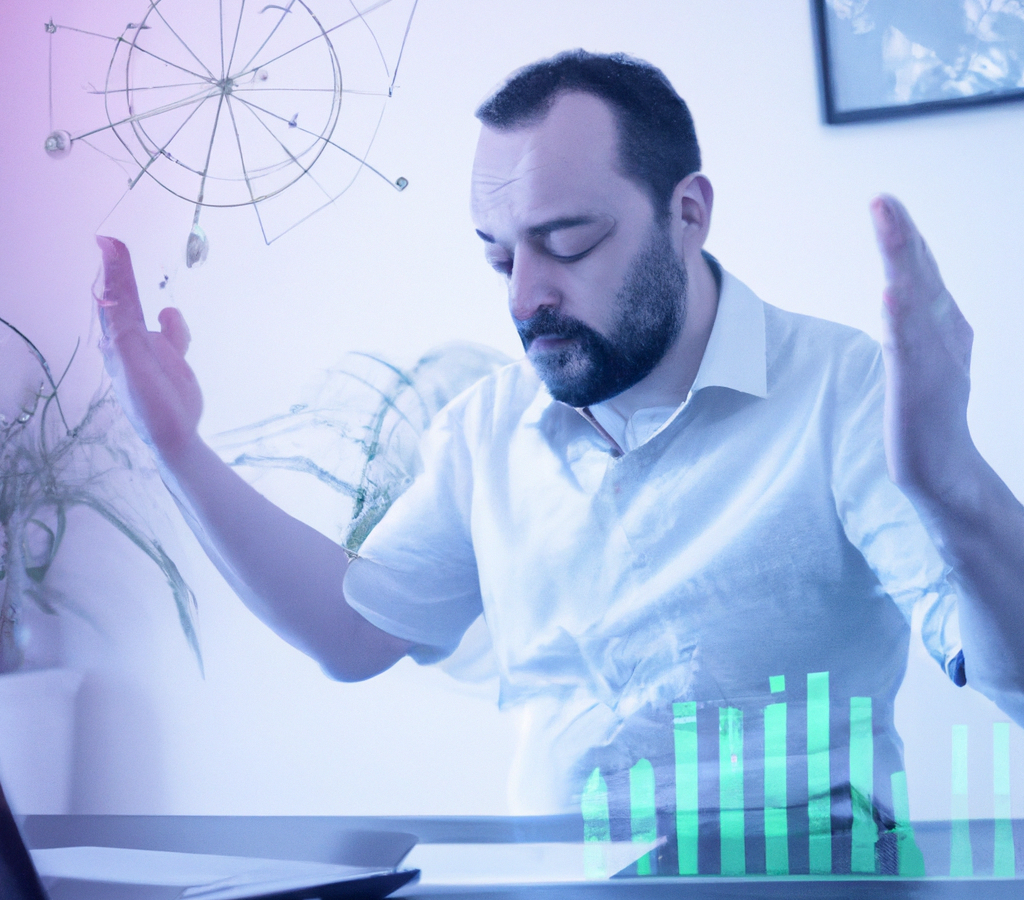Meditation is spending time with yourself; consider giving it a try. You’re not alone in this exploration—more than 35 million of your fellow Americans have already embarked on this transformative journey. According to a report from the Centers for Disease Control and Prevention, 14.2% of American adults surveyed in 2017 reported practicing meditation at least once in the last year. In fact, meditation now rivals yoga as the most popular type of complementary health practice in the United States.
However, some ask me this question: “Why should I meditate? I am not overly stressed, burned out, or overwhelmed with anxiety. I am tough. I don’t need it. Why should I meditate?”
In response, I often draw a parallel to exercise and say, “Well, why should you exercise? You can walk, carry your backpack, and your muscles are not wasted. You are fully functional. Why should you exercise?”
So, if you find yourself questioning the purpose of meditation and wondering if it’s worth exploring, know that you’re not alone. It’s natural to have reservations, especially when the benefits may not be immediately apparent. Join me on this journey of discovery as we uncover the true power of meditation and how it can enhance our overall well-being. Let’s challenge our preconceptions, break down barriers, and embrace the transformative potential of this practice. Together, we’ll explore the profound benefits of meditation and understand why it is a valuable tool for personal growth, inner peace, and a more fulfilling life.
The truth is, just as exercise is not limited to physical therapy after an injury, meditation is not solely for addressing mental health issues. It is a practice that offers profound benefits and can be integrated into the lives of normal, everyday individuals. While the importance of exercise for physical health has been widely communicated, somehow the message about the significance of meditation for holistic well-being has not been as effectively conveyed.
Meditation, often misunderstood as an esoteric or mystical practice, is far more accessible and practical than commonly believed. It doesn’t require changing who you are or adopting a specific lifestyle; instead, it’s about bringing mindfulness to your existing lifestyle. Just as a normal person can and should exercise to maintain physical health, a normal person can and should meditate to nurture their mental, emotional, and spiritual well-being. Meditation is not limited to those who are experiencing mental health challenges or seeking spiritual enlightenment—it is a tool available to everyone. Its benefits extend far beyond stress reduction or anxiety management, encompassing a wide array of transformative outcomes.
Moreover, meditation can also contribute to workplace safety, particularly in high-risk industries. By incorporating mindfulness practices, individuals develop heightened awareness and focus. They become more attuned to their surroundings, enabling them to identify potential risks and hazards. This increased situational awareness directly impacts workplace safety by reducing the likelihood of accidents caused by distractions or lack of attention. When organizations foster a culture of mindfulness, they create safer work environments that prioritize employee well-being.
So, whether you’re seeking personal growth, inner peace, stress relief, or even enhanced workplace safety, meditation has something to offer you. It’s a practice that has resonated with millions of individuals across the nation, and it’s time to discover the transformative potential it holds for you. Embrace the power of meditation, and embark on a journey of self-discovery, holistic well-being, and a deeper connection with yourself and the world around you.


